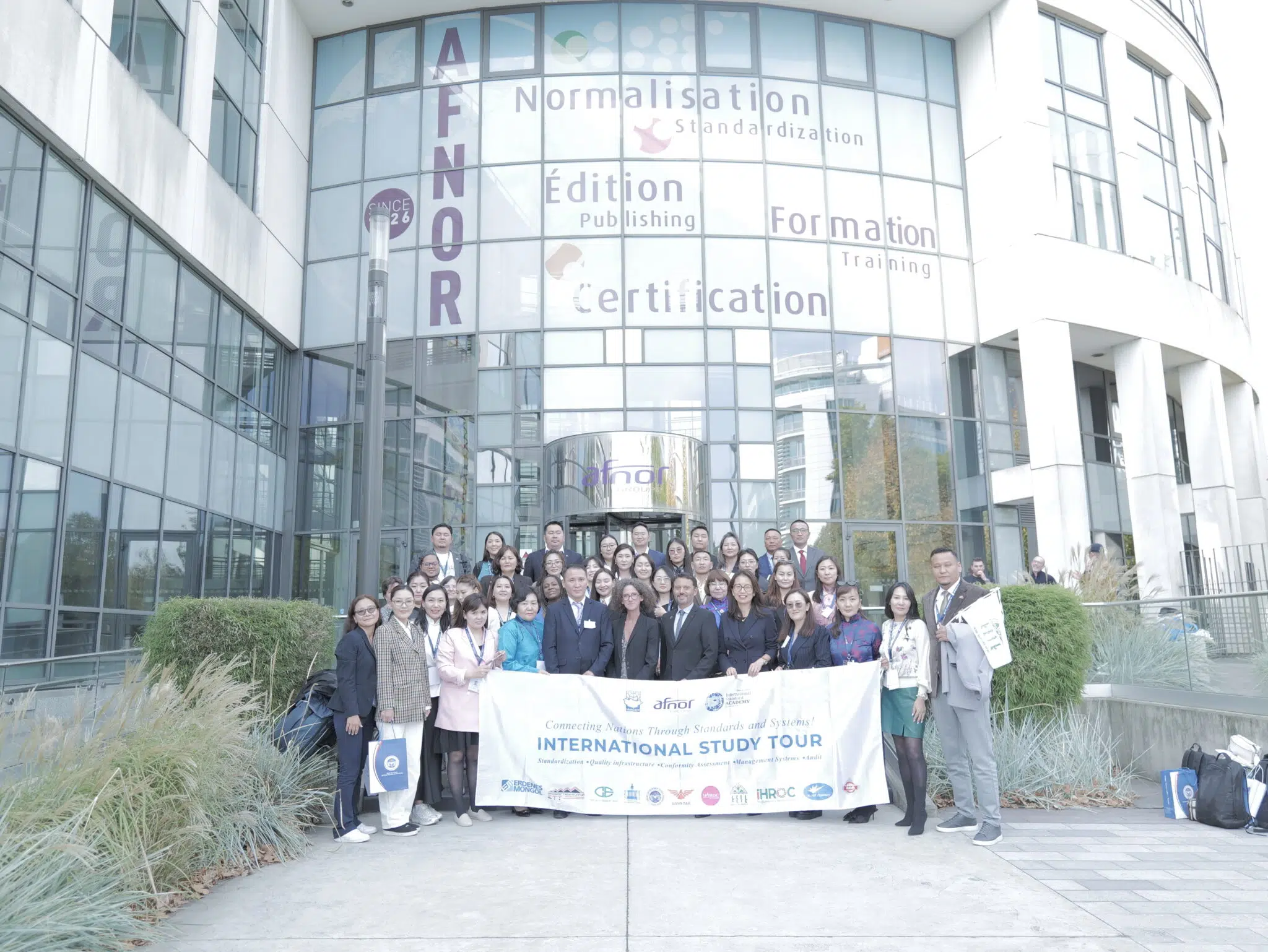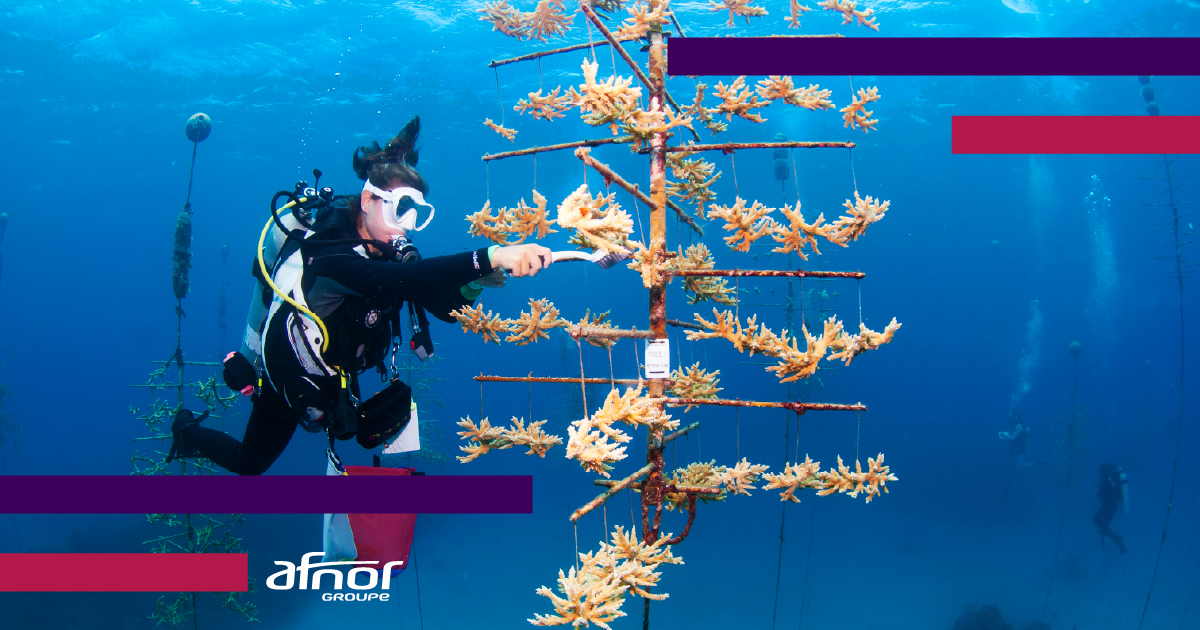In view of the accelerating loss of biodiversity worldwide, it is imperative that organizations have organized instruments to intervene in a tangible and coherent way. It is in this context that the voluntary ISO 17298 standard has been set up, as the first global standard entirely dedicated to biodiversity. Initiated by AFNOR International, which chairs the ISO/TC 331 " Biodiversity " technical committee, this standard represents a global reference for the integration of biodiversity issues into management systems.
🌱 An organized response to a global challenge
ISO 17298 follows on from the Global Biodiversity Framework adopted at Kunming-Montreal (COP 15). It provides entities such as businesses, government institutions, local authorities and NGOs with a structured method for identifying their interactions with ecosystems, judging the resulting risks and opportunities, and establishing appropriate action plans. Similar toISO 14001, which focuses on the environment,ISO 17298 promotes a continuous improvement approach, encouraging the incorporation of biodiversity into Corporate Social Responsibility (CSR ) policies and sustainability plans.
🔍 An international standard, promoted by the AFNOR Group
AFNOR International occupies a central position in international standardization concerning biodiversity. Since 2020, our organization has chaired the ISO/TC 331 committee, bringing together specialists from different fields to establish international standards for biodiversity management. These collaborative efforts have resulted in ISO 17298, which is based on practical experience and existing standards, such as the French NF X32-001, used as a technical foundation.
📈 Tangible benefits for organizational structures
Adopting ISO 17298 gives organizations the opportunity to :
- Prepare for increasingly stringent requirements for non-financial reporting, particularly in the context of international standards.
- Increase their attractiveness to ESG-conscious investors and lenders.
Facilitate access to green financing. - Enter new markets by showcasing their dedication to biodiversity.
The standard will be prioritized at the next Conference of the Parties (COP) on biodiversity, to be orchestrated by the UN in Armenia in 2026.
🛠️ Certification and training: tangible intervention tools
AFNOR International offers organized support to organizations wishing to implement ISO 17298. Our AFAQ Biodiversité certification, which is based on the NF X32-001 standard, will soon be updated to include the requirements of the international standard. At the same time, our training program helps professionals strengthen their skills in biodiversity issues, double materiality (inside-out / outside-in), and related management tools.
🌐 A global perspective, a local influence
Biodiversity is much more than just an environmental issue: it's an essential element of economic resilience. Companies have an impact on ecosystems - through their operations, their supply chains, their locations - while also being dependent on them.LISO 17298 formalizes this interdependence and suggests an approach for integrating it into strategic decision-making.
Read more :





